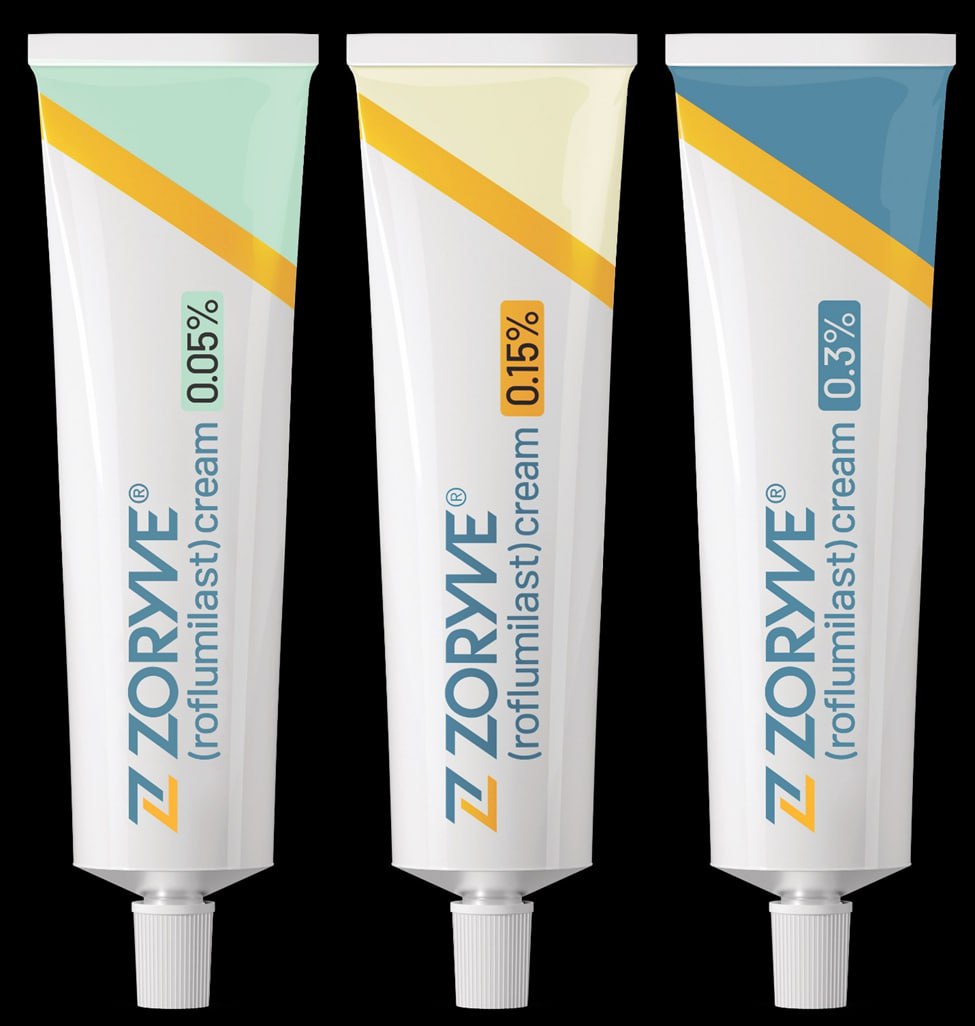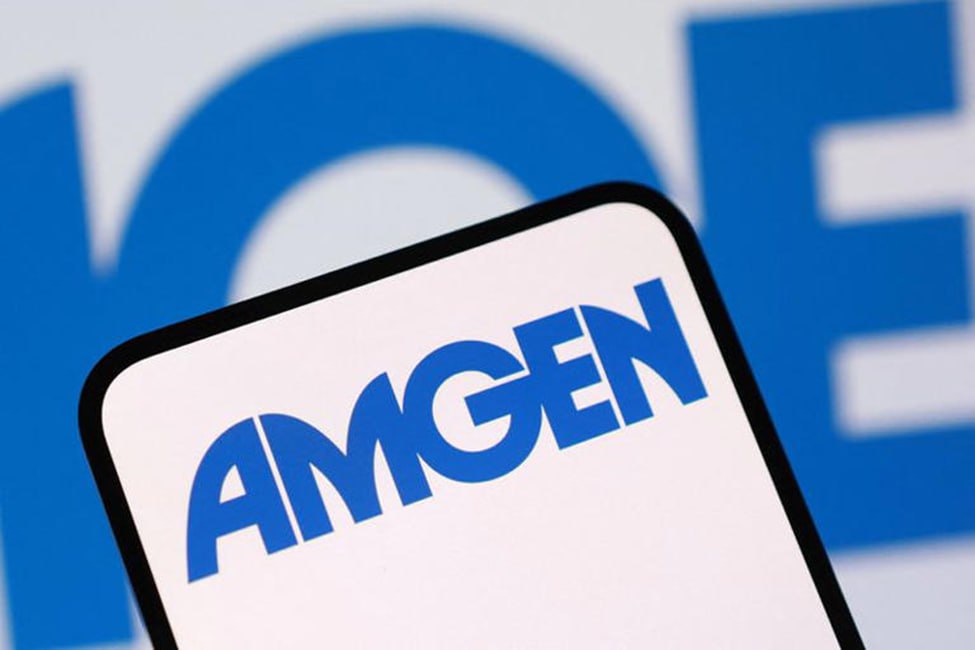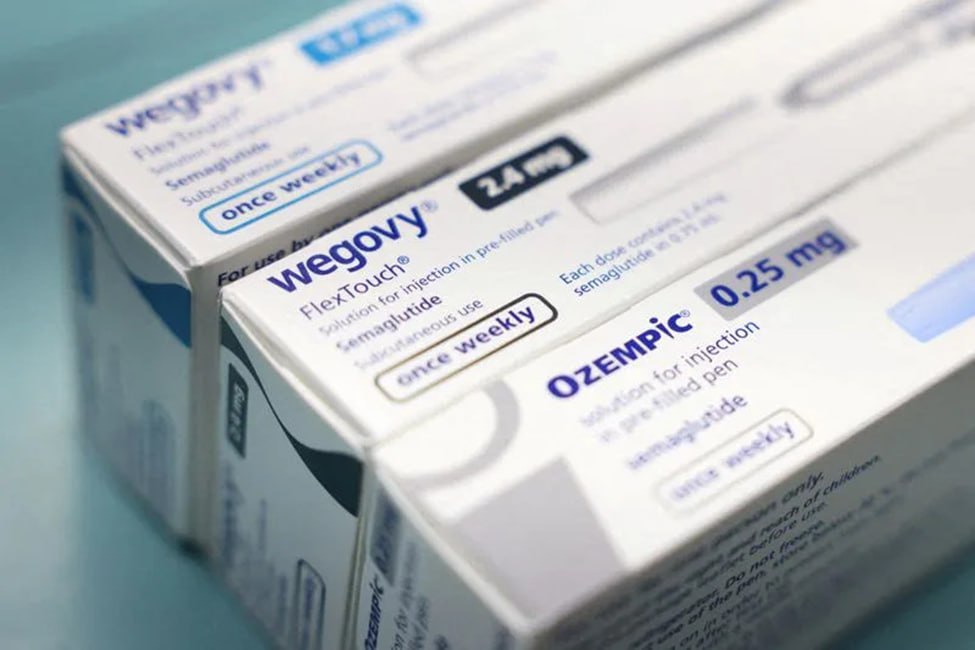The FDA has approved roflumilast cream 0.05% (Zoryve; Arcutis Biotherapeutics) for children aged 2 to 5 years, meaning that as soon as later this month, they could have another topical therapeutic option to treat their mild to moderate atopic dermatitis.1 There is no limit to the duration of use, and the once-daily steroid-free cream can be used anywhere on the body.
This approval marks the sixth FDA approval for roflumilast in just over 3 years, including for atopic dermatitis in pediatric patients 6 years and older in July 20242 and for plaque psoriasis in adults and adolescents 12 years and older in May 2025.
“It is essential to have safe and effective treatments for children, who are often diagnosed with atopic dermatitis at a young age and can live with the condition across their lifetime. Young children often experience widespread disease, affecting large portions of their skin,” said Lawrence F. Eichenfield, MD, chief of pediatric and adolescent dermatology at Rady Children’s Hospital-San Diego and INTEGUMENT study investigator, in a statement. “Although topical steroids have been the standard treatment for years, they are not appropriate for long-term use.”
The approval is based on results from 3 trials: phase 3 INTEGUMENT-PED (NCT04845620), phase 3 INTEGUMENT-OLE (NCT04804605), and a phase 1 pharmacokinetic study. These results add to data presented at this year’s Society for Pediatric Dermatology Annual Meeting showing roflumilast cream 0.05% was safe and durable in children ages 2 to 5 years over 56 weeks.4
Rapid clearance, safety, and tolerability are key factors in roflumilast’s treatment success. In INTEGUMENT-PED, significant improvements were seen as early as week 1, and in INTEGUMENT-OLE, 71.9% of patients who rolled over from the roflumilast cream 0.5% arm of INTEGUMENT-PED reached Eczema Area and Severity Index (EASI)–75, or a 75% reduction in EASI score, by week 56 of treatment compared with baseline.
In INTEGUMENT-PED, patients were randomized to treatment with either roflumilast (n = 437) or a vehicle cream (n = 215) once daily for 4 weeks. Following the week 1 improvements, by week 4 of treatment, more than twice as many patients in the roflumilast group vs the vehicle group (25.4% vs 10.7%) had achieved a validated Investigator Global Assessment – Atopic Dermatitis (vIGA-AD) score of clear or almost clear and a 2-grade improvement over baseline assessment (P < .0001). Clear or almost clear vIGA-AD scores were also seen in some patients by the end of week 1, 39.4% of treated patients vs 20% of vehicle patients achieved EASI-75 by week 4, and itch overall decreased by week 4, with several reports of decreased itching as soon as 24 hours after the cream’s first application. Caregivers also reported that more than one-third of children with a baseline Worst Itch Numeric Scale (WI-NRS) score of 4 or higher saw a 4-point reduction in this by week 4.






